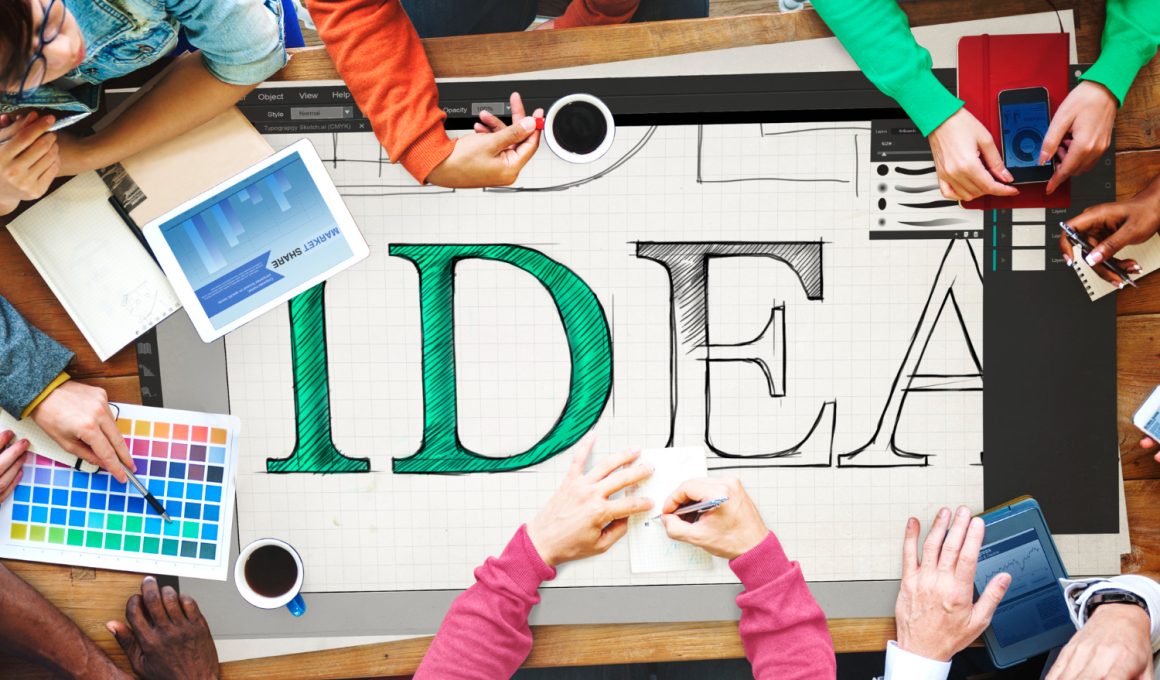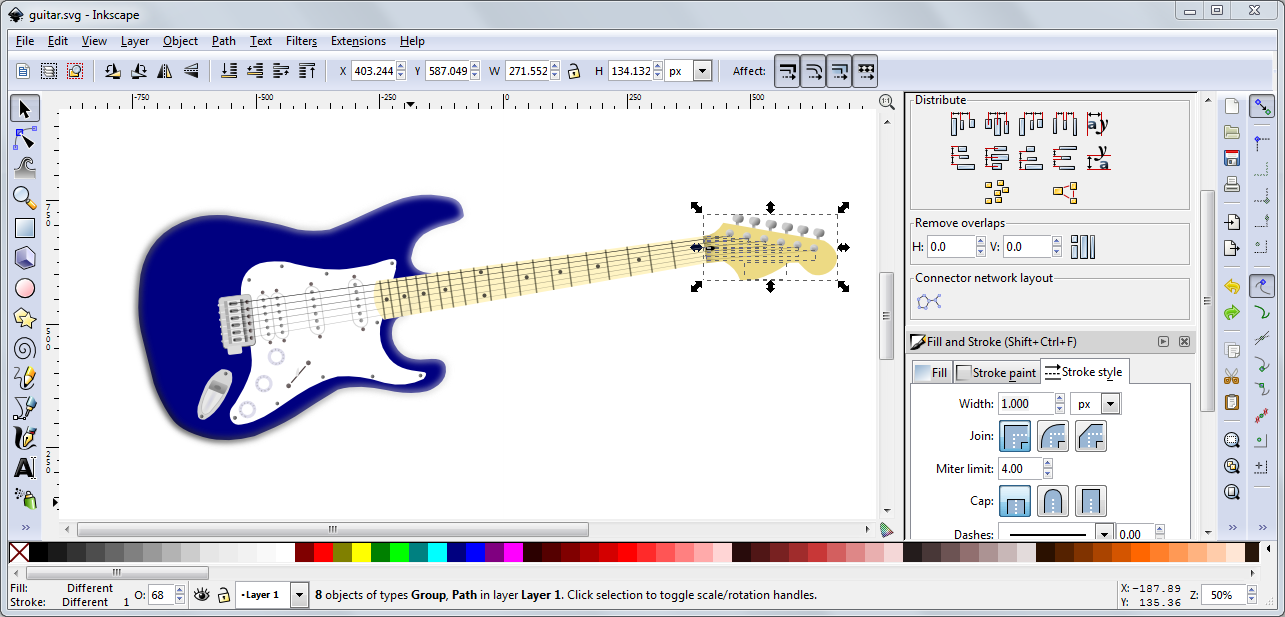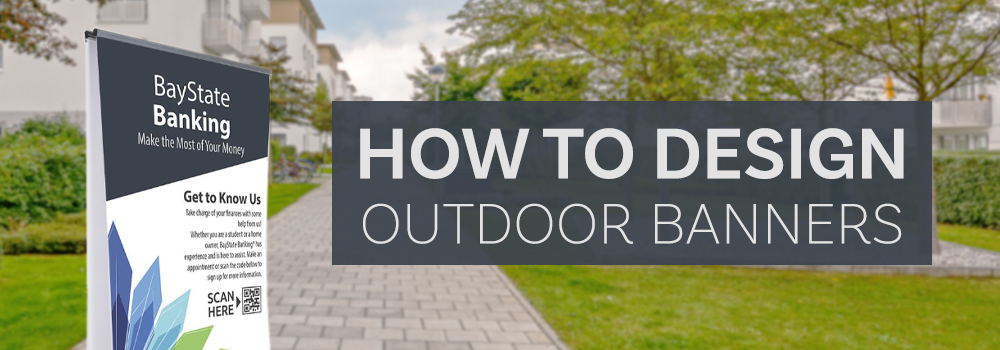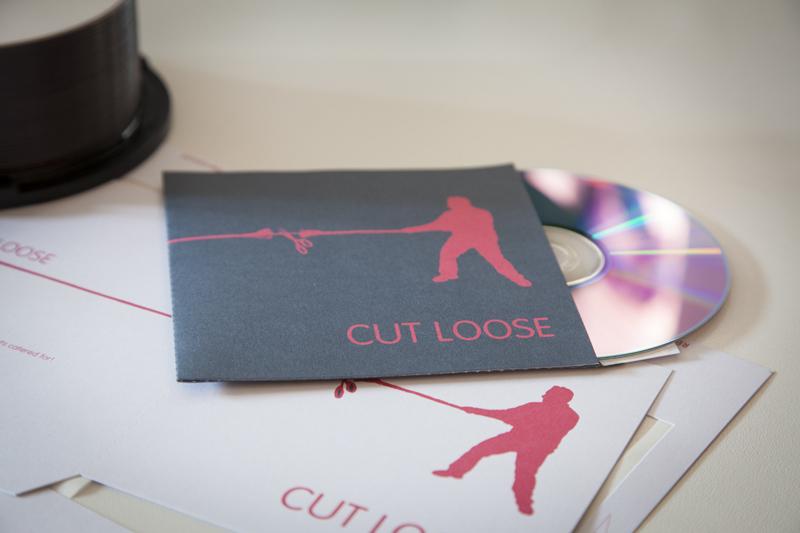In the world of visual communication, graphic design plays an indispensable role. It’s an umbrella term that encompasses various types of design involved in creating visual content. These designs serve different purposes and require unique skill sets.
Whether you’re looking to embark on a career in graphic design or are simply curious about the different specializations, understanding the types of graphic design can provide valuable insights.
Graphic Design: An Overview
Before diving into the types, it’s crucial to understand what graphic design is. At its core, graphic design is the art of creating visual content to communicate messages. Employing typography, imagery, color, and layout, designers create an array of visual materials ranging from logos to billboards and everything in between.
While traditionally carried out manually, the digital revolution has brought a plethora of tools that have streamlined the design process.
Types of Graphic Design
- Branding and Identity Design
This type of design is all about creating a visual identity for a brand. It includes designing logos, typography, color palettes, and brand guidelines. The objective is to create a unified and compelling brand message. Companies often employ branding designers when launching a new product or rebranding.
- Web and UI/UX Design
Web and UI/UX designers are responsible for the user experience and interface of websites and apps. They focus on making digital platforms intuitive, aesthetically pleasing, and functional. While UI (User Interface) design is more about the look, UX (User Experience) focuses on the usability.
- Print Design
Contrary to popular belief, print is not dead. Print designers work on various offline materials like brochures, flyers, posters, and business cards. Understanding the nuances of paper quality, color, and printing techniques is essential for this type.
- Packaging Design
The packaging is often the first thing a consumer notices about a product. Designers in this field create attractive and functional packages that also align with a brand’s message. In today’s world, sustainable packaging is gaining prominence.
- Motion Design
Also known as motion graphics, this type involves creating animated graphics that convey a story or message. This can range from animation and video game design to television commercials and film production.
- Editorial Design
This field specializes in layout and organization of published media like magazines, newspapers, and eBooks. Editorial designers need to have a strong grasp of typography and be skilled in arranging textual and graphical elements in a way that aids readability and visual appeal.
- Advertising Design
Working closely with marketing teams, advertising designers create visual elements for advertising campaigns. This includes online ads, billboards, and even memes, designed to capture attention and prompt action.
- Environmental Design
This involves creating visual elements in a three-dimensional space. Think of signage, wall murals, and exhibit designs. These are created to help people identify and navigate physical spaces more easily.
- Illustration for Graphic Design
Although not purely graphic design, illustrators often work alongside designers in projects that require custom illustration. This could range from editorial illustrations to interactive graphics on websites.
Importance of Specialization
While a designer can possess skills in multiple areas, it’s beneficial to specialize in one or two types. Specialization allows you to hone specific skills, making you more adept and competitive in your chosen field.
Graphic design is a multifaceted discipline, with various types serving different needs and audiences. Whether it’s branding, web design, or print, each type has its own set of rules, best practices, and required skill sets. Understanding these can help both designers and those looking to hire a designer, to better match skills with project requirements.
By acknowledging the diversity in the types of graphic design, you can better appreciate the depth and breadth of this essential field. As technologies evolve, new types of graphic design may emerge, but the core principles will likely remain the same.
Future Trends and Evolution
As we look to the future, several emerging trends could redefine the landscape of graphic design. Virtual Reality (VR) and Augmented Reality (AR) are pushing the boundaries of environmental and motion design, opening new avenues for interactive experiences. Similarly, the rise of Artificial Intelligence is automating some basic design tasks, allowing designers to focus more on the creative and strategic aspects of their projects.
Data-Driven Design
Another area to watch is data-driven design, where big data and analytics tools help designers make more informed decisions. This approach can be particularly beneficial in UX/UI and advertising design, where understanding user behavior is key to enhancing engagement and conversions.
Sustainable and Socially Responsible Design
As public awareness of environmental issues grows, designers are increasingly tasked with creating eco-friendly or socially responsible designs. Whether it’s sustainable packaging or campaigns for social causes, the designer’s role in shaping public perception and driving change is becoming more significant.
Multi-disciplinary Approach
The lines between the various types of graphic design are becoming increasingly blurred. For instance, it’s becoming common for web designers to understand the basics of UX/UI and for branding experts to have a grasp of digital advertising. This multi-disciplinary approach enhances a designer’s versatility and employability.
Choosing the Right Type of Graphic Design
Whether you’re a prospective student, a professional looking to specialize, or a business owner in need of design work, understanding the types of graphic design is crucial. Each type serves a specific purpose and requires a unique combination of skills and tools.
For Aspiring Designers
If you’re considering a career in graphic design, it might be beneficial to experiment in different areas before settling on a specialization. Many design schools offer multi-disciplinary programs that allow students to explore various types before choosing a focus.
For Businesses
For businesses looking for design services, understanding these types can help you select the right professional for your needs. For instance, if you’re looking to revamp your website, a designer specializing in web and UI/UX design would be the ideal choice.
Graphic design is far more than just making things look pretty; it’s a form of communication, a way to engage audiences, and a method for solving problems. As the industry continues to evolve, adaptability and continuous learning have become crucial traits for anyone involved in this field.
Understanding the different types of graphic design not only enhances your appreciation of the visuals that surround you but also allows for a more nuanced understanding of the design requirements that different projects may have. With specialized skills, attention to emerging trends, and an understanding of the multi-disciplinary nature of this field, both designers and those who hire them will be better positioned for success in an ever-changing digital landscape.







